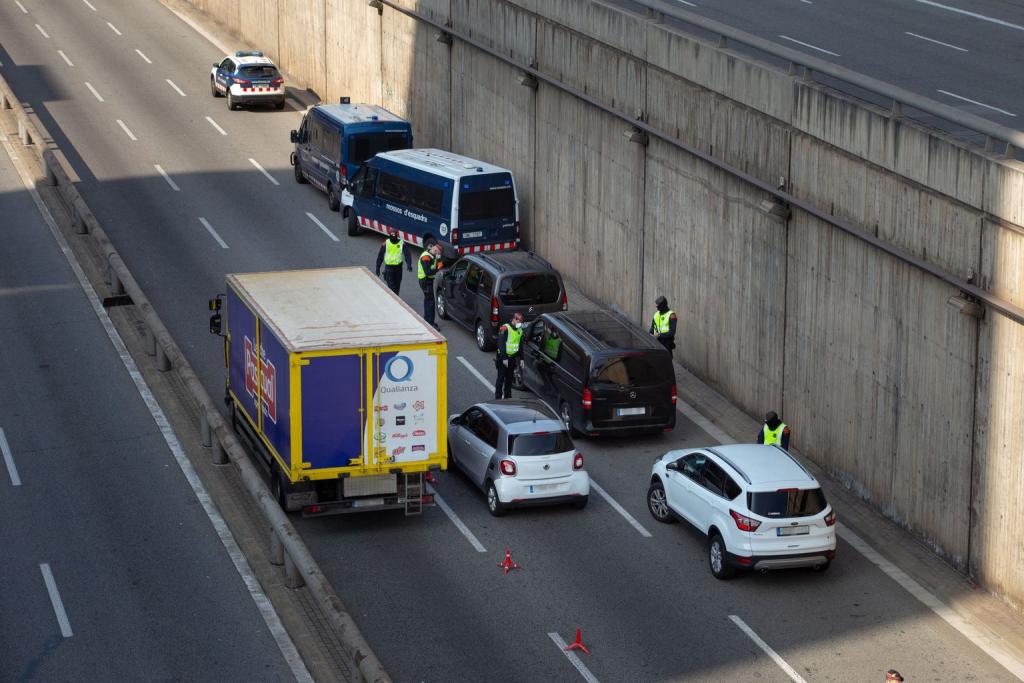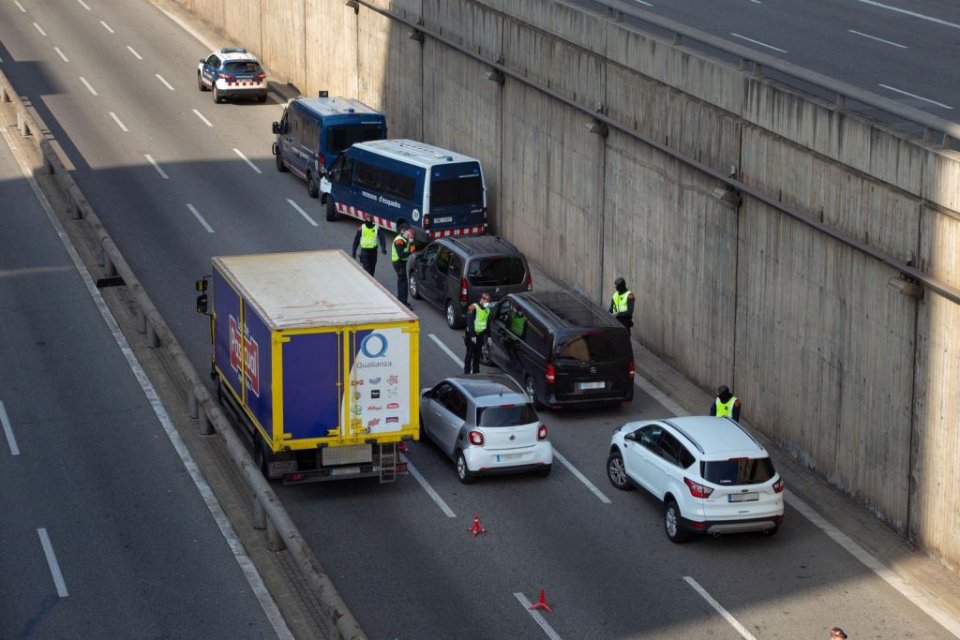Latest: Coronavirus in Spain figures (21 July)
Spain’s top Constitutional Court ruled on Wednesday that the government’s strict ‘State of Alarm’ lockdown order, first issued in March 2020 at the start of the Covid-19 pandemic, was actually unconstitutional.
The court did not question the need for measures adopted to combat the spread of Covid, but that the legislative tool used by the Spanish government of Pedro Sánchez was not the right one. It ruled that the lockdown should have been imposed using the next emergency situation under Spanish law, the State of Emergency. This would have required prior approval of the Spanish Congress.
Six of the court’s 11 judges ruled that the 14 March 2020 decree that introduced the State of Alarm was ‘unconstitutional and void’. The narrow majority ruling came after a lawsuit filed by Spain’s far-right Vox party.
Spain had originally commenced its nationwide lockdown for two weeks from 14 March 2020, with measures that confined everyone to their homes apart from leaving to purchase food or medicine, or to go to their place of work only if they could not perform their duties from home. As the State of Alarm could only be in place for a maximum of 15 days at a time without a vote in parliament to extend it, there followed six debates in order to do so.
Article 116 of the Spanish Constitution details three legal categories for emergency situations: State of Alarm, State of Emergency and State of Siege (estado de alarma, estado de excepción and estado de sitio in Spanish). A State of Alarm can initially be agreed and imposed by the cabinet and subsequently debated in the Spanish Congress, as well as further extensions of it, as was the case during 2020. A State of Emergency, however, cannot be directly agreed and imposed by the government. It must be first taken to Congress, and it is the parliament that decides if it warrants the emergency situation status.

When the government of Sánchez issued the first State of Alarm on 14 March 2020, it subsequently won parliamentary backing after a debate, including initially from Vox MPs. After one week the initial measures were extended until 12 April, for a second time until 26 April, a third time until 9 May, a fourth time until 23 May, then a fifth time until 7 June. The Spanish Congress then voted to extend the State of Alarm until 21 June – the sixth and final extension of the first State of Alarm.
When Congress had voted to extend the State of Alarm for the third time until 9 May, it had also come with the relaxing of some of the restrictions, specifically allowing children to take daily walks for an hour from Sunday 26 April, after 43 days confined at home. During that first six-week confinement period, however, with Spaniards still unable to go out even for exercise, the Vox party withdrew its support for the lockdown.
A second State of Alarm in Spain was later put in place from 25 October 2020 until 9 May 2021 – but only to enable the regional governments the legal requirements to impose and enforce nighttime curfews and other restrictions.
Vox leader Santiago Abascal called on Wednesday for Pedro Sánchez to step down. ‘We cannot celebrate the decision [of the court] because we have proof that the government was willing to break the law and tarnish the constitution,’ Abascal said.
The government said that it respects the court’s ruling but was surprised by its ‘unprecedented nature’, adding that the decree approved by the cabinet ‘was absolutely essential to save lives’.
It is unclear if the Constitutional Court’s decision will open the gates for lawsuits against the Spanish government. The ruling means that any fines imposed on citizens by police for breaking lockdown restrictions could be cancelled.
Sign up for the FREE Weekly Newsletter from Spain in English.
Please support Spain in English with a donation.
Click here to get your business activity or services listed on our DIRECTORY.
Click here for further details on how to ADVERTISE with us.



